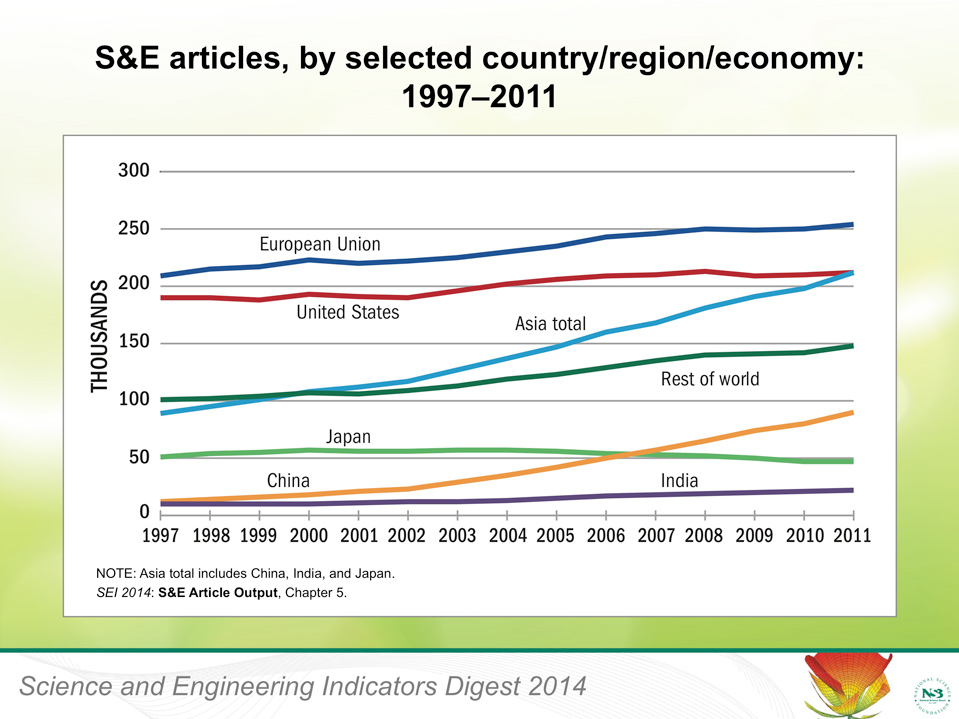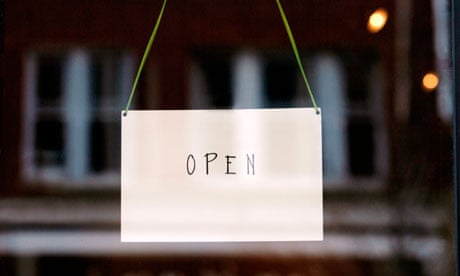Open Folklore
Open Folklore is a scholarly resource devoted to increasing the number and variety of useful resources, published and unpublished, available for the field of folklore studies and the communities with which folklore scholars partner.
While exciting recent developments in digital preservation and publication have positioned folklore studies to be a leader in scholarly communication in the digital era, several persistent access and discoverability problems in the field remain:
Access to some resources for folklore scholarship and education (including hard-copy and digitized books and journals) is restricted through subscription and copyright.
Other resources have never formally been published, and so cannot be found easily through conventional channels: white papers and policy materials; conference programs, presentations, and discussions; works-in-progress; syllabi, teaching materials, and other forms of gray literature; educational materials (such as exhibition catalogs or interpretive materials from performance events) created by public folklore programs, the publications of American Folklore Society interest groups and sections, and many newsletters.
A 2009 American Folklore Society survey of communications practices in folklore studies, significant numbers of respondents indicated that these categories of “fugitive” materials were critically important to their research and educational efforts, but were difficult for them to access.
An increasing amount of this material is published on the Internet, but the Internet is notoriously ephemeral and lacks dependable preservation, making it difficult to reliably locate material after the passage of time. Generic Internet search engines like Google are not precise, especially in a popular field like folklore. Identifying reliable scholarly content in a sea of popular, and sometimes unreliable, online content poses a greater challenge for those interested in folklore topics than it does in other areas of scholarship.
Open Folklore builds on the new developments in digital circulation of folklore materials to respond to these troubling access and preservation problems. We will work with rights holders to make books and journals, including those that have already been digitized, fully and openly available online. We will support the publication of existing and new journals in folklore with an open-access publishing platform. We will digitize older grey literature, and educational materials produced by public folklore programs, and will provide digital preservation for such resources and publications that are “born digital.” We will select and digitally archive websites of public and academic folklore programs (with their permission). We will provide an online tool that will offer searching of all of the above classes of material while filtering out unreliable sources.
Ultimately, Open Folklore will become a multi-faceted resource, combining digitization and digital preservation of data, publications, educational materials, and scholarship in folklore; promoting open access to these materials; and providing an online search tool to enhance discoverability of relevant, reliable resources for folklore studies.
















